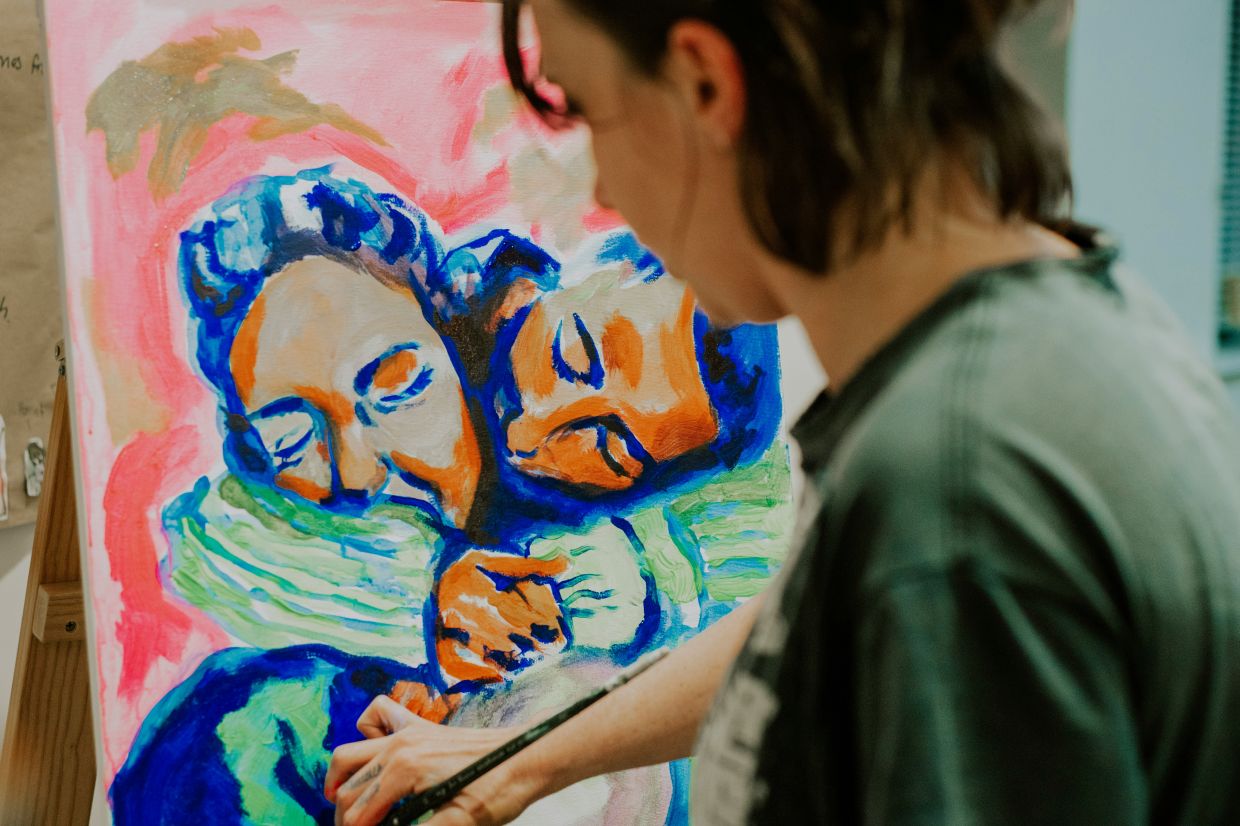
New research, coming counter to previous warnings about gaming addiction and physical health impact, suggests that owning a console may also improve mental well-being. — Photo: Christin Klose/dpa
TOKYO: "Put that joystick down and do your homework." Computer and video games have been a bane for parents since the first Atari and Commodore 64 consoles appeared on shelves around 40 years ago.
Long dismissed as a distraction, even in their old bleep-bleep heavily-pixelated form, video games have in recent times been criticised for their sometimes addictively violent and even lewd content.
But opponents and sceptics might have to reconsider, going by findings from Japan, which appear to show gaming – particularly on Nintendo Switch or PS2 – as having lessened the negative mental health effects of the long Covid pandemic lockdowns and the distortions these imposed on social and educational development for children and teenagers.
Writing in the journal Nature Human Behaviour, the researchers said they "found that game console ownership, along with increased game play, improved mental well-being."
"Console ownership reduced psychological distress and improved life satisfaction," according to the team, which based its report on a survey of almost 100,000 people between the ages of 10 and 69.
The researchers, from organisations including the Ritsumeikan Center for Game Studies at Ritsumeikan University and the Research Center for Child Mental Developmentat Hamamatsu University School of Medicine, said that video games "increasingly encounter public scepticism," due to "controversial health policy decisions, such as the latest discussions by the World Health Organisation regarding gaming disorder."
Video games have been linked to reduced physical fitness and hearing problems, as playing involves hours of sitting in front of a screen, often with earphones on and volume up. Other concerns have centred around how games can be played online, by children, who then are vulnerable to being contacted by adult strangers.
Home to the likes of Nintendo and Sony, Japan has long been a computer game industry hub and source of innovation. – dpa











































